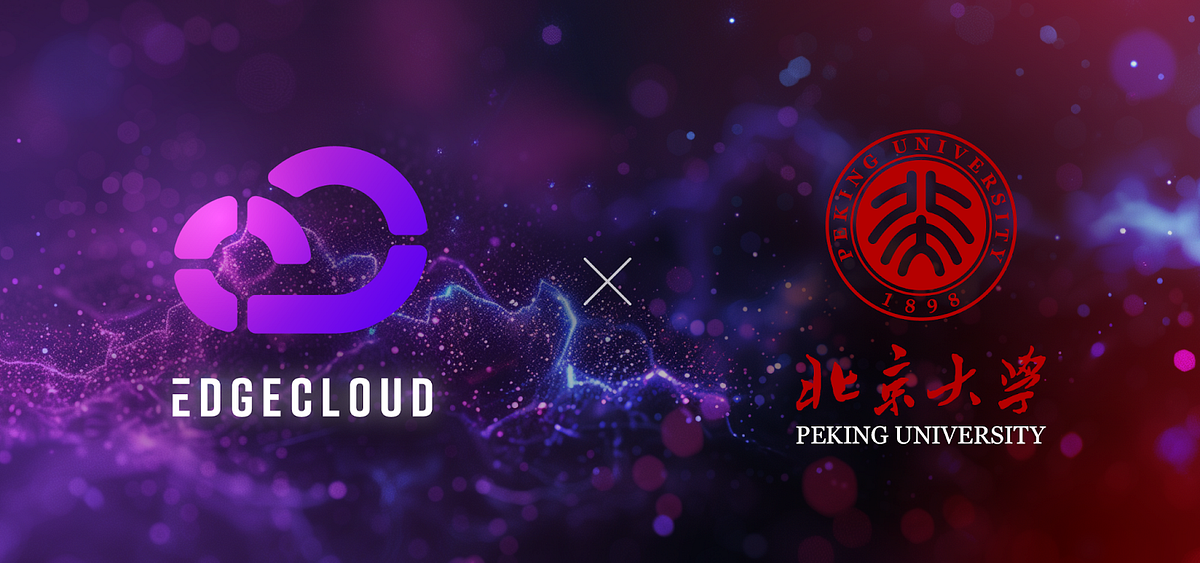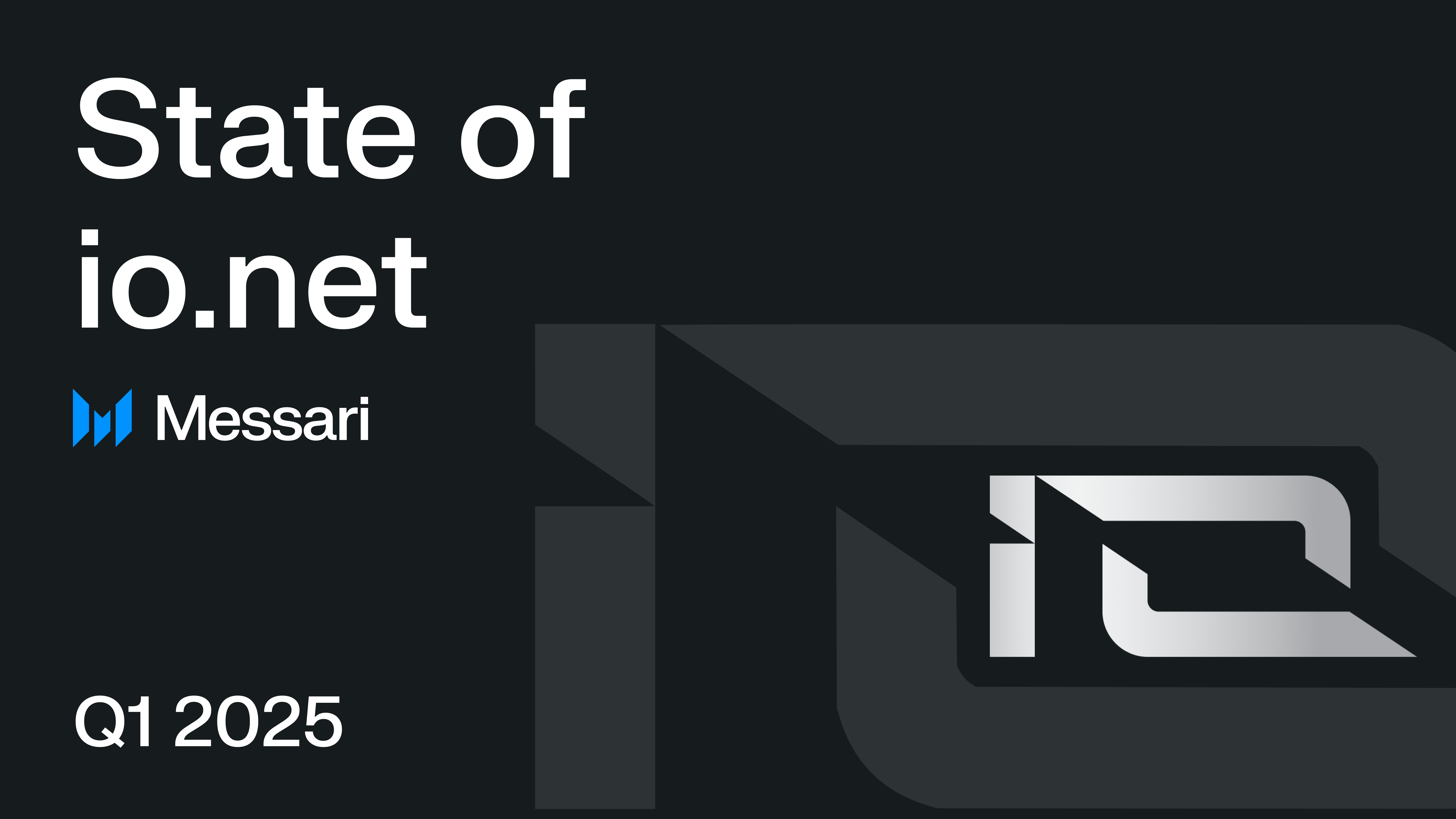Theta Labs, AI 연구를 진전시키기 위해 베이징 대학과 파트너십 체결

Theta Labs는 EdgeCloud AI 플랫폼의 새로운 고객으로 베이징 대학을 발표함으로써 AI 및 블록체인 연구 분야에서 중요한 진전을 이루었습니다. 세계적으로 컴퓨터 과학 분야에서 상위 10위 안에 드는 권위 있는 기관인 베이징 대학은 Theta의 하이브리드 클라우드 GPU 인프라를 활용하여 연구 능력을 향상시킬 것입니다. 이 협력은 오리건 대학교 및 KAIST와 같은 미국 및 한국의 여러 학술 기관에서 고급 AI 연구를 지원하기 위한 Theta의 광범위한 이니셔티브의 일환입니다. Liner와 Jamcoding과 같은 기업 고객의 추가는 AI 분야에서 Theta의 영향력이 커지고 있음을 더욱 강조합니다.
베이징 대학의 분산 시스템 및 AI 분야의 선두주자인 Zhen Xiao 교수는 이 파트너십에서 중요한 역할을 해왔습니다. 코넬 대학교에서 박사 학위를 취득하고 강력한 출판 기록을 가진 Xiao 교수의 연구는 딥 러닝 및 블록체인을 포함한 여러 분야에 걸쳐 있습니다. 그의 Theta와의 관계는 2022년에 시작되어 Theta 자문 위원회에 합류하여 EdgeCloud 플랫폼 개발에 기여했습니다. 이 협력은 이미 AI 모델을 위한 적응형 방어 메커니즘 및 확장 가능한 블록체인 프레임워크의 발전을 보여주는 여러 공동 연구 논문을 저명한 학회에서 발표했습니다.
EdgeCloud의 하이브리드 클라우드 GPU 인프라의 통합은 베이징 대학의 AI 연구에 혁신을 가져올 것입니다. Xiao 교수는 EdgeCloud가 대규모 분산 AI 프로젝트를 촉진할 수 있는 잠재력에 대해 열정을 표명하며, 이는 그가 접한 가장 복잡한 하이브리드 GPU 시스템 중 하나라고 말했습니다. 이 파트너십은 베이징 대학의 연구 능력을 향상시킬 뿐만 아니라 Theta를 아시아 학계를 위한 분산 GPU 플랫폼의 선두주자로 자리매김하게 하며, 글로벌 확장을 위한 포부를 가지고 있습니다. AI 혁신의 미래는 분산 컴퓨테이션과 GPU 자원을 효과적으로 활용하는 인프라 회사인 Theta와 같은 기업에 의해 주도될 가능성이 높습니다.
Related News





